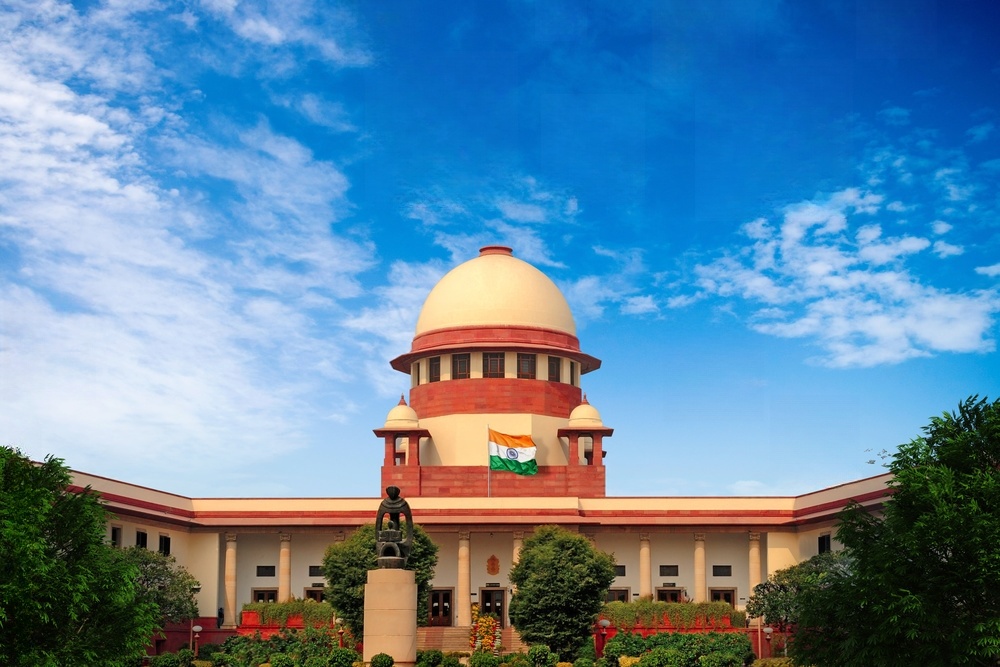
Citation
Sri Adi Visheshwara of Kashi Vishwanath Temple, Varanasi v. State of Uttar Pradesh & Others
(1997) 4 SCC 606; JT 1997 (4) SC 124; (1997) 3 SCALE 1
Court
Supreme Court of India
Bench
Justice K. Ramaswamy and Justice B.N. Kirpal
Background & Facts
The Kashi Vishwanath Temple in Varanasi is one of the holiest shrines for Hindus, dedicated to Lord Shiva. The temple attracts lakhs of pilgrims every year. Over time, allegations arose regarding mismanagement and misuse of temple funds by the hereditary priests and managers.
In 1983, the Uttar Pradesh Legislature passed the Kashi Vishwanath Temple Act, to ensure proper management, administration, and maintenance of the temple and its properties. The Act vested the administration of the temple in a Board appointed by the State Government.
This move was challenged by the deity itself — Sri Adi Visheshwara, represented through worshippers and next friends — claiming that:
- The deity is a juristic person and legal owner of all temple properties.
- The management and administration of the temple is an essential part of the right to practice and manage one’s own religion under Articles 25 & 26 of the Constitution.
- The State cannot interfere with the affairs of the deity as it amounts to State control over religion.
Legal Issues
1️⃣ Is the deity a juristic person having the right to manage its own affairs?
2️⃣ Does the Act infringe the fundamental rights of the deity and the devotees under Articles 25 (freedom of religion) and 26 (right to manage religious affairs)?
3️⃣ Can the State regulate or take over the management of a temple without violating these rights?
Supreme Court’s Observations
- The Court reaffirmed that a Hindu deity is indeed a juristic person and the ultimate owner of its dedicated properties.
- However, the deity is not capable of managing its properties directly — management is done by shebaits, trustees, or managers on behalf of the deity.
- If mismanagement occurs, it is the duty of the State to step in and ensure that the properties are administered properly for the benefit of the public and the devotees.
- The Court noted that management and administration are secular functions — they are distinct from religious rituals or essential religious practices, which the State cannot interfere with.
- The Kashi Vishwanath Temple Act, 1983, only regulates the secular aspects (management, maintenance, protection of property) and does not interfere with religious rituals, worship, or beliefs.
- The Act, therefore, does not violate Articles 25 and 26, because those rights are subject to reasonable restrictions in the interests of public order, morality, and health.
Decision
The Supreme Court upheld the constitutional validity of the Kashi Vishwanath Temple Act, 1983. The State’s takeover of the management was held to be valid, lawful, and necessary to protect the temple and serve the larger interest of devotees and the public.
Significanc
✅ This case is important because it reinforced the principle that while a deity is a juristic person, the secular management of its property can be regulated by the State.
✅ It clarifies that religious freedom does not extend to mismanagement or misuse of temple property.
✅ The judgment balances religious autonomy with the State’s responsibility to prevent mismanagement of public religious institutions.
